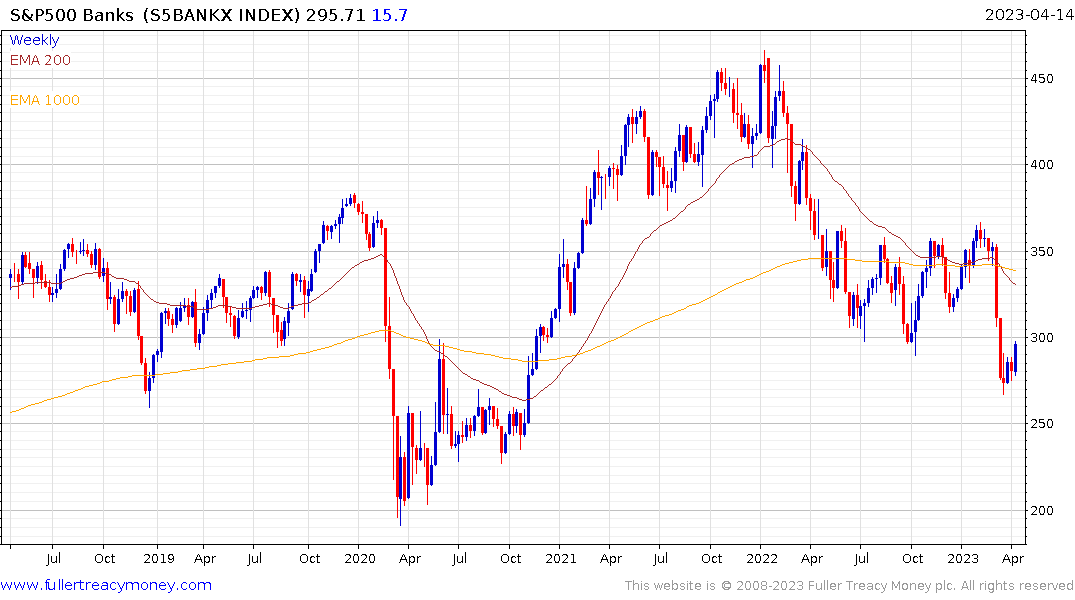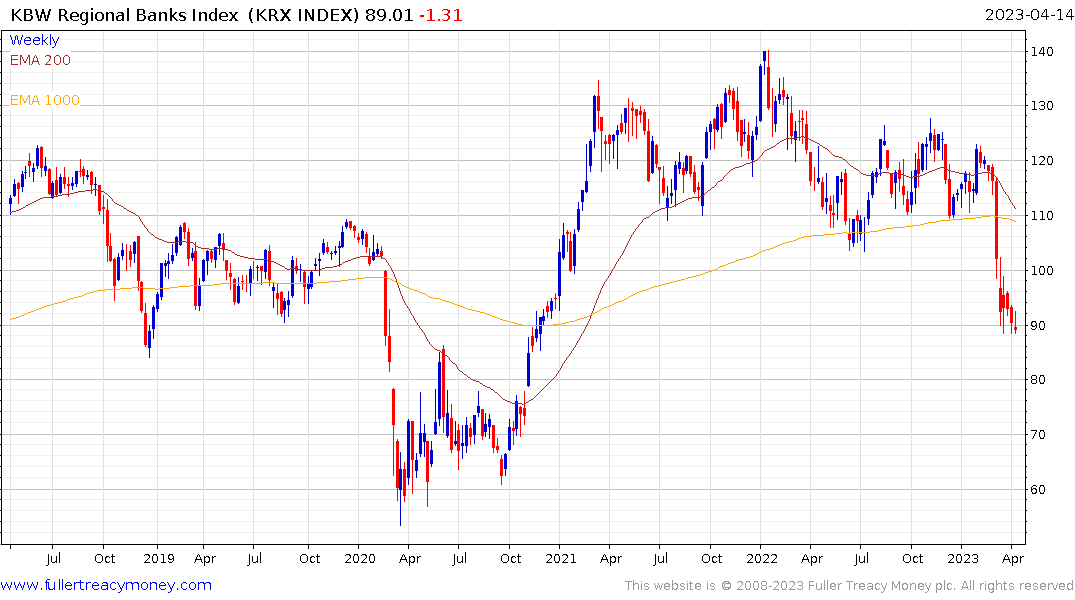Financial repression and funding a green revolution
Thanks to a subscriber for this transcript of an interview with Russell Napier. Here is a section:
So that’s where we are at the minute. I think they’re rushing round trying to do something piece-by-piece. I suspect that in the last-, since the blowout of gilt yields, I see a moving hand here, rather than someone playing whack-a-mole. I see a government, increasingly, that they’re somewhere in there, whether it’s in the treasury of somewhere else, that realises the direction of travel has to be financial repression. So, I think the best example of that in the UK is, I don’t know if he’s passed it yet, but Rishi Sunak was looked for the power to overhaul all our financial regulators to push that power into the hands of the prime minister. The question is why? As chancellor of the exchequer, this is not a power that he sought.
So, I think people are beginning to realise that, yes, you can go round and whack-a-mole, so it’s happening anyway, but there could come a time where we have to something more aggressive. For me, it’s pretty obvious what that aggressive is, which is forcing savings institutions to buy government bonds. That’s the core of a financial repression. We haven’t taken that giant leap yet, but I think since the crisis in the gilt market, there is evidence I think, that someone realises that that is where we might end up and they’re preparing to have to take that leap. To stress this is not a UK problem, it’s the entire developed world and actually, Japan might have to go first in terms of that major jump.
Inflation running well above the prevailing interest rate for a prolonged period will improve government debt to GDP ratios. The caveat is the total debt cannot simultaneously continue to accelerate higher. That’s the route to hyperinflation. Therefore financial repression works by changing the weightings of where credit is created and pushes the burden from the public sector back onto the private sector.
The solution to the global financial crisis was the socialization of debt. Governments took on private sector debts in much of the world. Financial repression would push the burden of debt creation back onto the private sector and fulfil government objectives for capital allocation in the process.
That’s where control over the credit creation of the banking system comes in. The trend is towards greater government control over the banking system and by extension the lending decisions that are made.
Tighter tailpipe emissions regulations announced this week by the USA’s EPA are one example of how investment will be influences, the carbon emissions market in the EU is another. Defense spending and rising geopolitical tensions represent additional thrusts for government sponsored investment. This all points to a less efficient global economy which implies rising costs and therefore tighter profit margins on aggregate. That also supports the view there will be a wide divergence between winners and losers.


The divergence in performance between the larger banks and the regional banks highlights how capital flight is impacting the sector on aggregate. As credit availability contracts that increases the risk of a recession.


